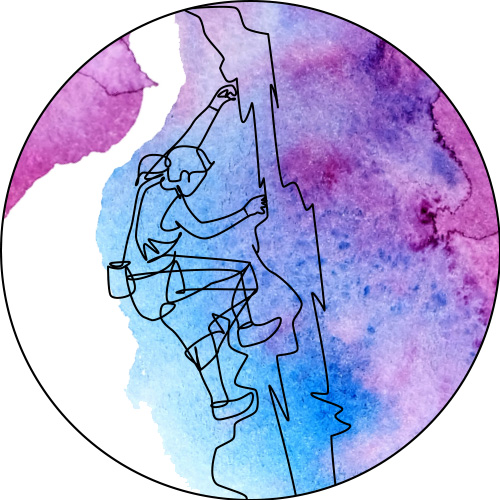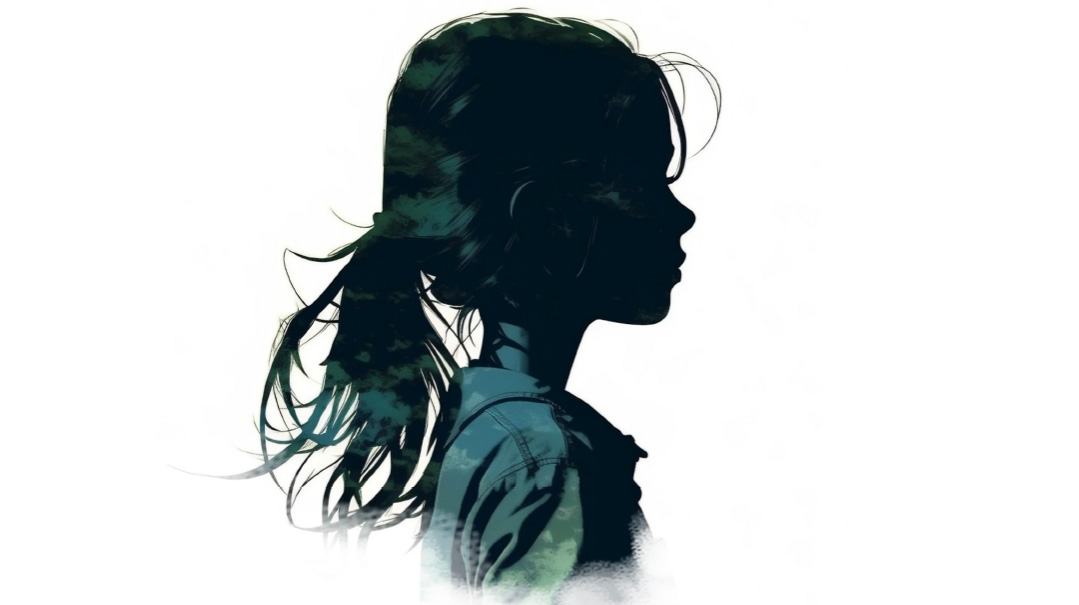The Girl That Was: Postscript
| October 25, 2022Knowing that we are accomplishing our mission in this world is the most fulfilling feeling

I was telling some friends that I would be writing this story, and one person said, “Miriam, you can’t write a happy story.” I laughed and said, “No, happy is so super boring.” But in reality, wouldn’t it be great if we all lived that super boring life? No challenges, no hardships, and no pain. If only.
But knowing that we are accomplishing our mission in this world is the most fulfilling feeling. When we go through hard times and grow from them and then look back and see our growth, then we know that we are accomplishing our tafkid. And truthfully, that’s a kind of happy story.
There’s rarely growth without pain. Had she led the life of a typical teenage girl, what would have pushed Mindy to make these kinds of significant internal changes?
This story might have captured your interest. Maybe you felt terribly sad for Mindy, and maybe you even cried for her. But I hope that you also took to heart the lessons that are applicable for you.
Do you struggle with over-responsibility, trying to control everything around you, or perfectionism? Do you often think you can change someone if you just explain yourself enough times? Are you the type who must rewrite your notes if they aren’t perfect, or do you do whatever you can to try to control who you will sit next to you or what job you will get for G.O.? If any of this resonates, then maybe you want to take a deeper look at yourself.
Although this story is based on a true story with details changed, it eventually became my own story. I did speak to Mindy about some of the changes that she made because of her life experiences, but I was able to elaborate because I knew from my own life what Mindy had to work on; because these are the things I had to work on. If only all we needed was a few pages of a story to really internalize all these concepts. The truth is that this kind of growth is lifelong, and Mindy took what she learned and carried it into her adult life.
Learning to let go of situations she had no control over, letting go of perfectionism and the fear of what society would say about her and her family, and choosing not to be a victim in tough situations, are some of the things she continues to practice as she raises her children. These are certainly things that come up in adult life over and over again.
As for Mrs. Schonfeld, she continues to be Mindy’s mentor and guide throughout her life. I wanted Mindy to have that. Because I want the reader to understand the importance of having such a person in your life. I am forever grateful to my “Mrs. Schonfeld,” with whom I continue to speak and who continues to guide me.
(I was going to have Mindy’s daughter marry Mrs. Schonfeld’s grandson, but I decided that was a bit too far-fetched!)
What do you think Mindy has done with her experience? Maybe she became a social worker and specializes in grief; perhaps she became a volunteer for Chai Lifeline; or maybe she gave 100 percent of herself to her children and her husband, with her deep understanding of the value of a mother and father working together to build their home.
I am fortunate that as an employee at Chevrah Lomdei Mishnah I had the opportunity to write a book called I Wish Someone Would Have Told Me, for teens who lost a parent. I spoke to many people and conducted many interviews to hear teens’ perspectives, and I am grateful to Hashem that the feedback has been very positive. In fact, the feedback I’ve gotten is not just from teens, but also from adults who lost parents when they were children, and even adults who lost spouses.
Having experienced my own story and hearing so many others’ stories, I was able to develop Mindy’s struggles to encompass so many others’ experiences. I realized that we all struggle with the same thing in different ways. Even those who didn’t go through the experience of loss, have some Mindy inside them.
So, Mindy, thank you for the many important lessons you taught us, and thank you for giving me the opportunity to write your story.
Miriam Ribiat
Miriam Ribiat is the Project Manager at Chevrah Lomdei Mishnah, coordinating many projects related to grief support. She is also the author of several books on the topics of loss and grief, for adults and teens. She can be contacted through Teen Pages.
(Originally featured in Mishpacha Jr., Issue 933)
Oops! We could not locate your form.


